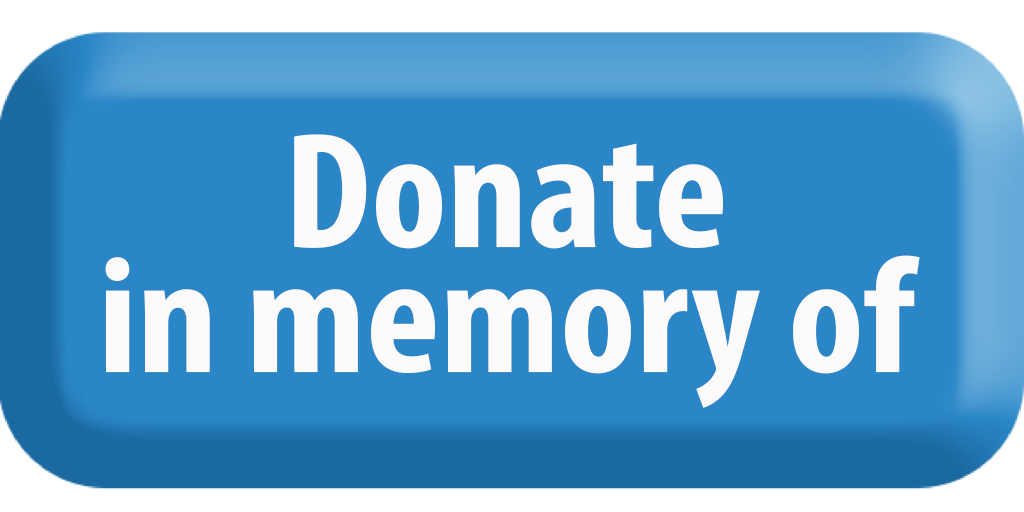Dear Hope Nation,
Recovery is filled with milestones, figuratively at least. Milestones, of course, are carved rocks set up beside a road to mark the number of miles to a place. They tell us how far we have to go to arrive at, for instance, Dover or Pittsburg or Keene. Since I am an old man, I can remember as a boy watching the local stone carvers laboring away at blocks of granite to provide milestones to the next village. (Since I am an old man, I often remember childhood events that never happened.) The stone milestone has long since been replaced by wooden or metal signs to serve the same purpose: to tell the traveler how far to the next town.

Metaphorical milestones have just the opposite meaning. When a person has completed or experienced an important life event, s/he is said to have passed a milestone. Whether the birth of a child, death of a parent, marriage, first lost tooth or first kiss, life is filled with milestone moments. The dark side of me fears each these markers has small print reading how many miles to each of our deaths, but I’ll continue to, in the words of Monty Python, look on the bright side of life.
Many in recovery practice this second meaning, presenting tokens of recognition as the recoveree passes certain lengths of recovery. Twelve-Step groups in particular place great emphasis on such gimcrackery. Narcotics Anonymous groups often hand out key tags with various lengths of clean time and many AA groups give poker chips embossed with numbers at 24 hours to 30 days two months, three months etc., up to 11 months. At one year, the presentation is usually a medallion followed annually by further medals. Each new period is a milestone.
I’d like to suggest, though, that in recovery folks might want to arrange a marriage between the current usage and that original meaning—the distance one is to the next town or goal. This distance doesn’t (couldn’t?) have to be physical or chronological. A certain level of absurdity obtains when we speak of being “12 miles from honesty” or “98 miles until I get to freedom from the obsession to use or drink.” Likewise, I’d have my doubts about people saying they are “three months to serenity” or “two years away from repaired family relationships.” Still, using the passage of time as a pointer to progress does have its advantages.
For instance, when I’d been successfully in recovery for a year, I was still living in a shelter for formerly homeless veterans. Working with my mentor/guide/coach/sponsor, I wonder how things would have been different if my milestone at that point had been setting a goal of getting into sustainable housing. When I recently passed 13 years in recovery, could I have set a goal to spend, say, three hours a week outside of work with people in early recovery?
Far be it for me to throw out gimcrackery—I like key chains and shiny medallions as much as the next person–but might it be nice to use the milestone to focus on where we want to go in addition to what we’ve accomplished? This is a question, not a policy pronouncement, and I’d love to hear your thoughts. After all,
You matter. I matter. We matter.
Keith



